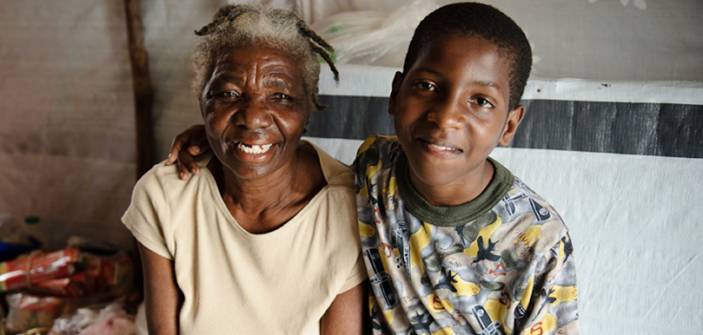It feels like the earthquake happened 20 years ago. Although the memory of it is still in our minds, it does not really come back to haunt us every minute. We are no longer as afraid of entering a building made of concrete. The loved ones that we lost have found a resting place in the archives of our memories and we retrieve them at each anniversary.

There is too much going on in the world for people’s minds to be fixed on Haiti’s earthquake. There is too much going on in Haiti itself to remember the 2010 earthquake.
The 5th anniversary of the earthquake coincides this year with the day when President Martelly will rule by decree as there is no longer a functional parliament. It is this, not the earthquake that will be on the front page of Monday’s newspapers in Haiti. Slowly, the 2010 earthquake is going into oblivion.
Lives and homes lost
But this time, let’s not forget. We cannot forget and we should not forget. After all, we forgot the earthquakes that shook Haiti in the 18th and 19th century, and then we lost so many lives and so many homes in the 21st century.
Earthquakes have this way of surprising us. They sometimes take hundreds of years before hitting. When they hit, they hit big and they leave. Even the aftershocks stop. There is nothing to remind us. It might be 100 or 200 years before the next one hits, and everybody, our grandchildren will be once again taken by surprise. As a matter of fact, if a big one hit today, it would come as a surprise.
But this time, we owe it to the next generations to keep the memory of the earthquake alive. We cannot forget. A lot of effort has been made and many lives have been saved. Yet many survivors have not been able rebuild their lives, many still do not have a house, many have not been able to get back on their feet, to rebuild their livelihoods.
Preparing for future shocks
In 2009, when I started to work with HelpAge, we were planning to engage in disaster preparedness work, but we were thinking of floods, hurricanes, drought, fires. I barely thought of earthquakes. Then less than one year later, it happened. Fortunately, we were able to respond to older people’s needs and to influence other organisations to include them in the response.
We are still helping older people to meet their humanitarian needs and we are also committed to building a network of older people’s associations. The associations will ensure older people are better prepared to withstand and recover from natural disasters, including earthquakes.
Maybe these older people’s associations will be the forum where the 2010 earthquake will be narrated, discussed, remembered and exposed and as young people listen, see and later join the associations. Haitians will be constantly reminded that we need to be prepared for the next big one.
